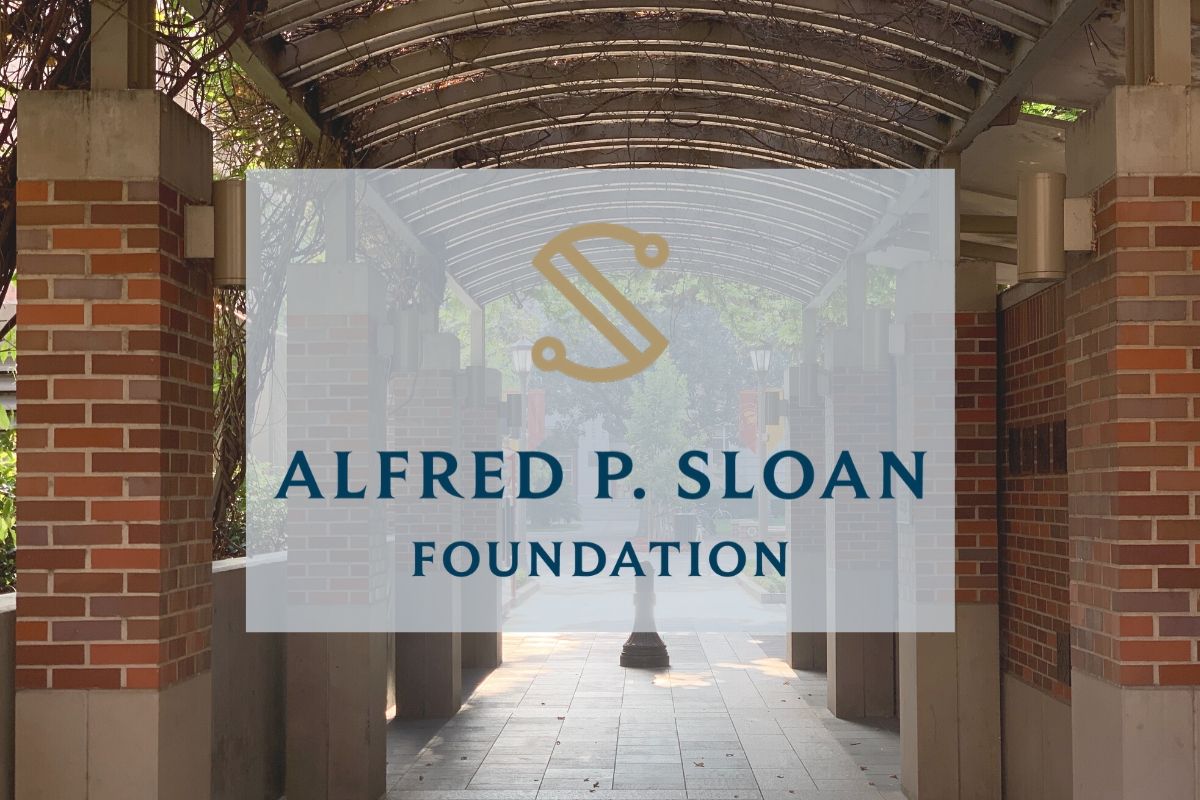
Sloan Foundation Grant to Fund ACE and Pullias Center Exploration of Equity-Minded Leadership
The Alfred P. Sloan Foundation has kindly gifted a $200,000 grant to the American Council on Education (ACE) in collaboration with The Pullias Center for Higher Education. The grant will fund Phase I of multi-year research, currently underway, aimed at developing practice-based insights relative to equity-minded leadership in higher education. Lorelle Espinosa, Vice President for Research at ACE, and Adrianna Kezar, Director of the Pullias Center, will be the co-Primary Investigators for the project.
The research focuses on equity-minded leadership teams in higher education aimed to transform campuses to support underserved populations and close equity gaps. Equity-minded leaders work to promote awareness and understanding of inequities, dismantle discriminatory policies, and create institutional changes that promote more just and equitable outcomes for students. “This is an important opportunity to gain a better understanding about leadership around equity and explore how decisions are made that influence diversity, equity, and inclusion across a range of higher education institutions,” notes Kezar. This work builds on decades of work by Kezar known internationally as an expert of change and leadership in higher education. “It is absolutely essential to study leadership as equity gaps have not closed after decades of work on these issues and all research points to the need to focus on campus leadership that has surprisingly received no attention in the last few decades,” she adds. “We appreciate the Sloan Foundation being a pioneer to recognize this gap and fund solutions in this area.”
The study aims to focus on eight campuses that represent a broad selection of institutional types including community colleges, private liberal arts colleges, research universities, regional comprehensive universities, and minority-serving institutions.
“We are specifically interested in how leaders work together in teams to promote an equity agenda,” continues Kezar. “When we talk about being ‘equity-minded,’ we mean paying attention to patterns of inequity in student outcomes by different social identities along with the systemic, historical, and political nature of these inequities.”
The research includes interviewing the presidents, chancellors, and teams that they have designated as shaping the equity climate for each campus. This approach goes beyond top level leaders to recognize that equity-minded leadership needs to be broadly distributed. The project will also entail reviewing documents and historical records around equity-minded leadership teams on these campuses, such as published reports, internal plans, and meeting minutes.
A report will be generated at the end of Phase I to serve as a preliminary guide for campuses looking to develop practice-based insights relative to equity-minded leadership in higher education. Phase II will take a deeper look at the nature and impact of equity-minded leadership through more in-depth case studies to see how these teams have played out across their respective campuses. A report from Phase I will be available early in 2021.
Stay up to date on this project by visiting our site and subscribing to our newsletter.